Political journalism has to rise to the occasion — but probably won’t
Donald Trump’s 2016 election saw national media outlets begin to rethink their political coverage after largely missing what led to his election. 2021 should spur similar reflection on how they’ve covered the aftermath of his defeat.
Sustained attacks on our election systems and a nearly successful insurrection at the U.S. Capitol should not be covered in the same vein as policy disagreements over economic and social issues — and yet here we are. Trump, the most prominent member of one of our major political parties, has spent more than a year lying about how our votes are counted, pushing anti-democracy candidates to change election rules for his benefit, and changing the Republican Party even more into the party of Trump. The media’s coverage doesn’t adequately reflect that.
Lawmakers who challenged the 2020 results, signed onto extreme lawsuits, and used their positions of power to bamboozle constituents into believing false claims still get invited on prominent news shows and leave unchallenged, all because journalists fear losing access or appearing biased against conservatives. Pro-Trump media outlets have created an alternate political reality that is often not based in fact, but which has nonetheless crept into real-world campaigns, conversations, and decisions.
And polling suggests these viewpoints are theoretically in the minority of both the country and the Republican Party — setting up a paradoxical situation where they both should and can’t be ignored. So what can political journalism do to better serve America in the midterms? Get back to covering electoral basics and mechanics, elevate more local voices and fewer figureheads, and draw a hard line against anti-reality conspiracies that are moving into the mainstream.
A shining point of journalism during the 2020 election was the prominence of local and national reporting on how our election system works, explaining the complicated process of how volunteer election workers and trained officials ensured only eligible voters cast their ballots, and how the counting of those ballots — in some cases three times — should be trusted.
When partisans have attempted to undermine those results, the mantra of “trust but verify” has been used to not only explain why claims are wrong but also reinforce what goes right, so voters can believe our work.
Long before the coronavirus upended our world, reporters across the country toiled to understand the how and why of things like voting rights and elections, attempting to educate and inform in a genre of reporting dominated too often by mindless five-person cable TV panels and horse race gossip that is usually meant to entertain or enrage.
In states like Arizona, Georgia, Wisconsin, and Pennsylvania, reporters like Jonathan Lai of The Philadelphia Inquirer and Jen Fifield of the Arizona Republic provided crucial context to rebut conspiracy theories and educate local and national audiences alike about why the 2020 election results should be trusted.
National outlets paid attention, largely resisting the urge to parachute in and bigfoot existing reporters for their own (usually wrong) takes, which helped create a network of truth that seems to have (mostly) worked.
Beyond just voting, the midterm elections in 2022 feature several challenges to American democracy and the traditional habits of Washington-based political reporting. Though an argument for another day, it’s also notable we live in a time where most legacy media outlets and their key decision-makers aren’t really equipped to effectively cover salient developments in American politics. But it doesn’t have to be this way.
Political journalism should be more forceful with the facts, more transparent with its processes, and more educational with its goals. There’s plenty of impactful, great work out there that gets lost in the churn.
In CJR earlier this year, I argued that political coverage has a bad “goldfish” mentality, where individual stories and topics are often covered in depth, but there’s a tendency to forget they ever happened as soon the next thing comes along, robbing people of a larger narrative and context.
Political journalists have the opportunity to ditch the goldfish mindset and make a more lasting splash at such a crucial time. But honestly and personally, with the way things are going, I might not hold my breath.
Stephen Fowler reports on politics for Georgia Public Broadcasting.

Donald Trump’s 2016 election saw national media outlets begin to rethink their political coverage after largely missing what led to his election. 2021 should spur similar reflection on how they’ve covered the aftermath of his defeat.
Sustained attacks on our election systems and a nearly successful insurrection at the U.S. Capitol should not be covered in the same vein as policy disagreements over economic and social issues — and yet here we are. Trump, the most prominent member of one of our major political parties, has spent more than a year lying about how our votes are counted, pushing anti-democracy candidates to change election rules for his benefit, and changing the Republican Party even more into the party of Trump. The media’s coverage doesn’t adequately reflect that.
Lawmakers who challenged the 2020 results, signed onto extreme lawsuits, and used their positions of power to bamboozle constituents into believing false claims still get invited on prominent news shows and leave unchallenged, all because journalists fear losing access or appearing biased against conservatives. Pro-Trump media outlets have created an alternate political reality that is often not based in fact, but which has nonetheless crept into real-world campaigns, conversations, and decisions.
And polling suggests these viewpoints are theoretically in the minority of both the country and the Republican Party — setting up a paradoxical situation where they both should and can’t be ignored. So what can political journalism do to better serve America in the midterms? Get back to covering electoral basics and mechanics, elevate more local voices and fewer figureheads, and draw a hard line against anti-reality conspiracies that are moving into the mainstream.
A shining point of journalism during the 2020 election was the prominence of local and national reporting on how our election system works, explaining the complicated process of how volunteer election workers and trained officials ensured only eligible voters cast their ballots, and how the counting of those ballots — in some cases three times — should be trusted.
When partisans have attempted to undermine those results, the mantra of “trust but verify” has been used to not only explain why claims are wrong but also reinforce what goes right, so voters can believe our work.
Long before the coronavirus upended our world, reporters across the country toiled to understand the how and why of things like voting rights and elections, attempting to educate and inform in a genre of reporting dominated too often by mindless five-person cable TV panels and horse race gossip that is usually meant to entertain or enrage.
In states like Arizona, Georgia, Wisconsin, and Pennsylvania, reporters like Jonathan Lai of The Philadelphia Inquirer and Jen Fifield of the Arizona Republic provided crucial context to rebut conspiracy theories and educate local and national audiences alike about why the 2020 election results should be trusted.
National outlets paid attention, largely resisting the urge to parachute in and bigfoot existing reporters for their own (usually wrong) takes, which helped create a network of truth that seems to have (mostly) worked.
Beyond just voting, the midterm elections in 2022 feature several challenges to American democracy and the traditional habits of Washington-based political reporting. Though an argument for another day, it’s also notable we live in a time where most legacy media outlets and their key decision-makers aren’t really equipped to effectively cover salient developments in American politics. But it doesn’t have to be this way.
Political journalism should be more forceful with the facts, more transparent with its processes, and more educational with its goals. There’s plenty of impactful, great work out there that gets lost in the churn.
In CJR earlier this year, I argued that political coverage has a bad “goldfish” mentality, where individual stories and topics are often covered in depth, but there’s a tendency to forget they ever happened as soon the next thing comes along, robbing people of a larger narrative and context.
Political journalists have the opportunity to ditch the goldfish mindset and make a more lasting splash at such a crucial time. But honestly and personally, with the way things are going, I might not hold my breath.
Stephen Fowler reports on politics for Georgia Public Broadcasting.
AX Mina

Tom Trewinnard

Wilson Liévano
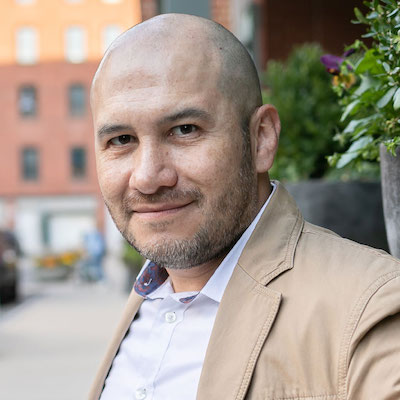
Parker Molloy

Tony Baranowski

A.J. Bauer

Whitney Phillips

Joy Mayer

Joni Deutsch

Candace Amos
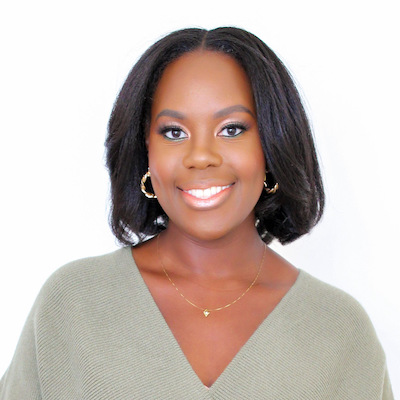
David Cohn

Jennifer Coogan

Jim Friedlich

David Skok

Ariel Zirulnick

Mario García
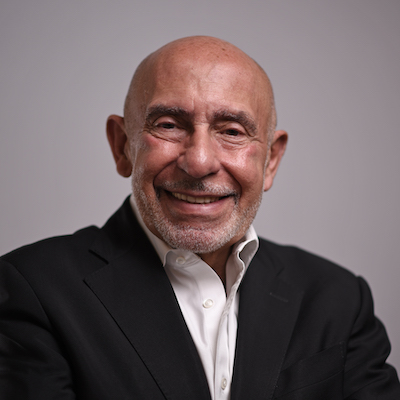
Shalabh Upadhyay
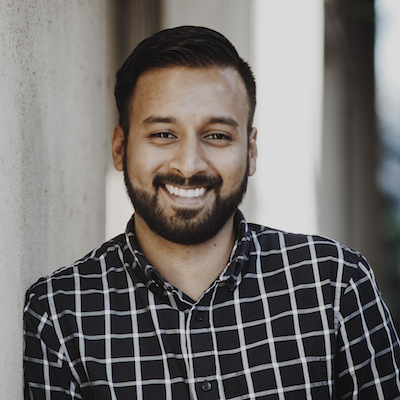
Brian Moritz

Stephen Fowler

Stefanie Murray

S. Mitra Kalita

Rasmus Kleis Nielsen

Jesse Holcomb

Meena Thiruvengadam

Moreno Cruz Osório

Burt Herman
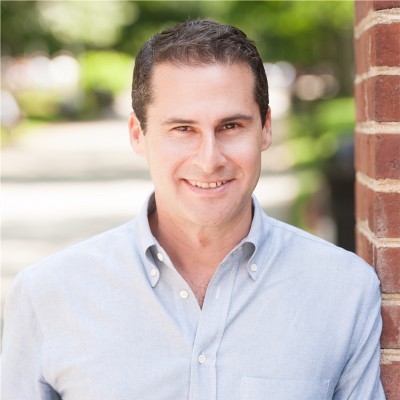
Francesco Zaffarano

Simon Galperin

Natalia Viana

Amy Schmitz Weiss

Juleyka Lantigua

Kristen Muller

Megan McCarthy

Cherian George
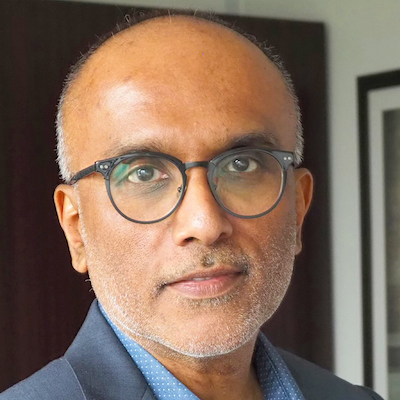
Julia Munslow

Jody Brannon

Chase Davis

Raney Aronson-Rath

Amara Aguilar

Tamar Charney

Alice Antheaume

Janelle Salanga

Michael W. Wagner

Sam Guzik

Mandy Jenkins

Matthew Pressman

Jonas Kaiser

Gonzalo del Peon

Cristina Tardáguila

Jesenia De Moya Correa
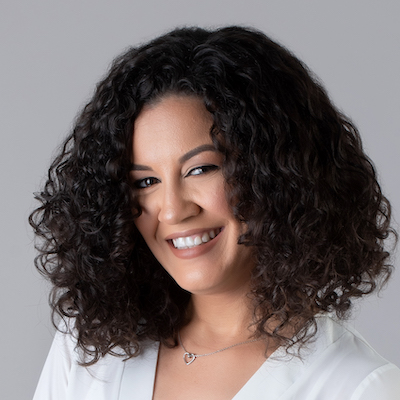
Matt Karolian

Laxmi Parthasarathy

Sarah Marshall

Christoph Mergerson
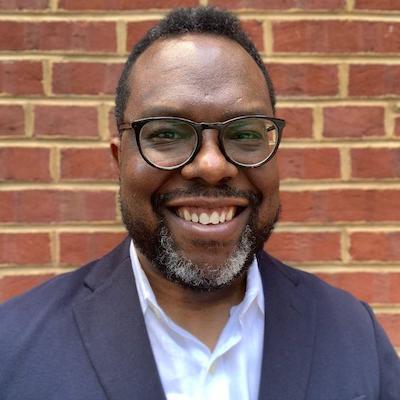
Sarah Stonbely

Jessica Clark

Andrew Freedman

Joshua P. Darr

Don Day

Daniel Eilemberg

Christina Shih

Zizi Papacharissi

Julia Angwin

Anika Anand

Matt DeRienzo

Shannon McGregor Carolyn Schmitt

Kristen Jeffers

Richard Tofel

Nikki Usher

James Green

Robert Hernandez
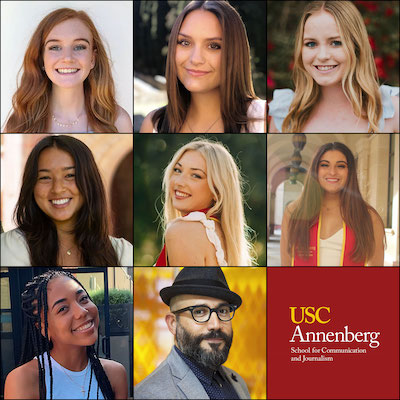
Gabe Schneider

Ståle Grut

Gordon Crovitz

Millie Tran

j. Siguru Wahutu
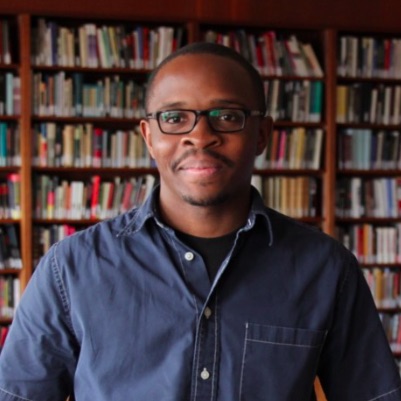
Paul Cheung

Melody Kramer

Joanne McNeil

Joe Amditis

Cindy Royal

Doris Truong

Kathleen Searles Rebekah Trumble

Larry Ryckman

Mike Rispoli

Jennifer Brandel

Eric Nuzum

Anthony Nadler

Simon Allison

Izabella Kaminska

Chicas Poderosas

Kendra Pierre-Louis

Errin Haines

Victor Pickard

Mary Walter-Brown

Anita Varma

Rachel Glickhouse

John Davidow

Catalina Albeanu

Kerri Hoffman
